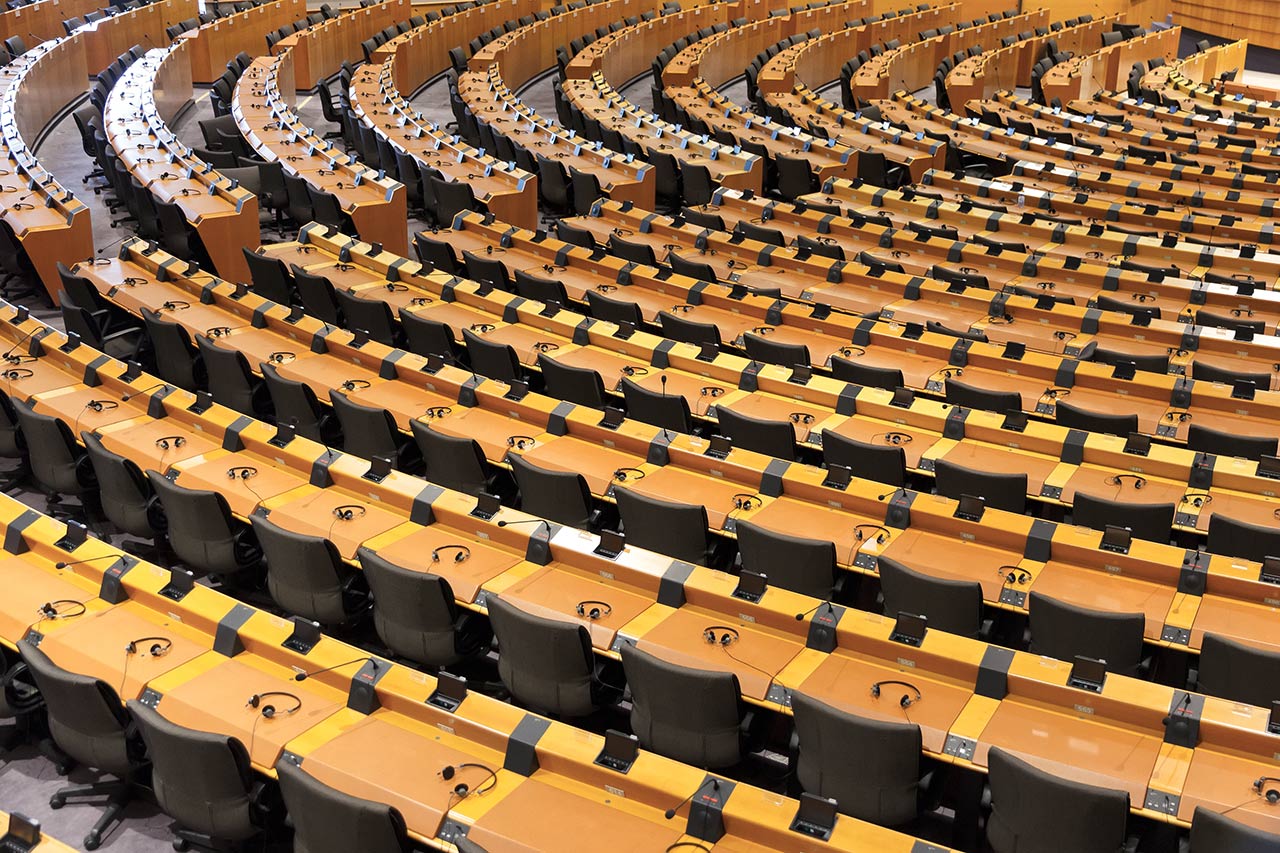The Differences between the UK Government and Parliament
A short answer highlighting the key differences between the UK Government and Parliament?
Question
What are the key differences between the UK Government and Parliament?
Answer
The UK parliament is made up of two houses, the House of Lords and the House of Commons; with the Lords made up of appointed members and the Commons elected members. These combine with the Monarch who takes on the role of Leader of Parliament but only in name to form Parliament. Parliament is the definitive legislative body in the UK and it has responsibility for examining new laws before they can be approved; these laws can be both domestic and from the European Union.
The government takes a more active role in running the country. Its main responsibility lies with drafting laws and implementing policy once laws have been ratified by Parliament. A government is formed once a political party wins a majority vote during a general election and the leader of this party then becomes the Prime Minister. The Prime Minister then appoints other Members of Parliament to be ministers to work within the government in specified areas such as education and the environment. If no party wins a majority vote, then either a minority government will be formed or two or more parties with work together to form a coalition government.
